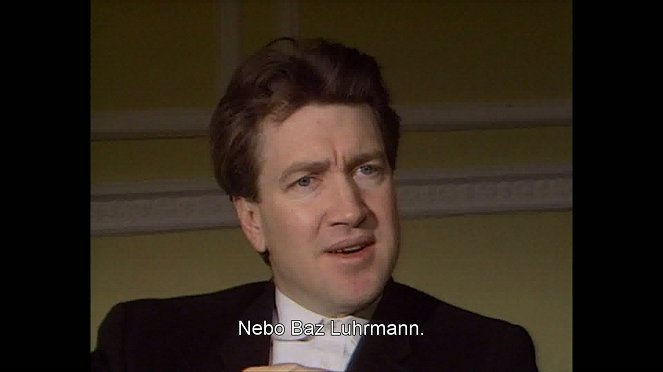Streaming (1)
Sinopsis(1)
Es "una orgía de historia cinematográfica de 15 horas de duración" según Indiewire, "un semestre de estudios cinematográficos en 15 intensos episodios" según New York Times, también la más completa revisión de la Historia del Cine realizada en los últimos años según todo aquel que la ha podido descubrir y disfrutar. "The Story of Film: una odisea" te cuenta la épica historia sobre la evolución del cine, como nunca te la contaron, a través de una apasionante mirada, a la vez global y personal, que recorre los más de 100 años de historia del cine de forma rigurosa y absolutamente imaginativa, partiendo desde un prisma reveladoramente insólito que repasa hitos, descubre cinematografías exóticas, y establece relaciones entre autores de todas las épocas. Ha sido emitida con éxito de audiencia en el Reino Unido a través de Channel 4 así como estrenada íntegramente en el último Festival de Toronto, o proyectada hace apenas unas semanas en el MoMa de Nueva York. Aclamada por medios como el New York Times, comparada temáticamente a las “Histoire(s) du Cinema” de Jean Luc Godard, el prestigioso crítico, historiadar y cineasta Mark Cousins, aborda la historia del cine desde su creación hasta nuestros días, a través de 15 episodios y cientos de fragmentos cinematográficos. (Filmin)
(más)Videos (1)
Reseñas (1)
It not necessary to have studied five books on the history of cinema and be familiar with the methods of new film history in order to understand that Cousins’ The Story of Film gets down to the absolute essentials. His extremely flat retelling of history spanning more than a century is based on big names, watershed events and essential works. In each episode, he uses his own grating voice (which will annoy you, but you’ll eventually get used to it; or it will just annoy you) to present several Best Films and Best Directors, some of whom he was able to visit in person and interview for the cost of an expensive trip. I don’t know why it was necessary to travel around every continent and show us the current appearance of the places where one of the recalled films was made X number of years ago. Probably so that the word “Odyssey” in the subtitle would make some kind of sense. Cousins chooses only those films and filmmakers that fit into the framework that he defined for the given episode (e.g. human-interest stories, the shift toward realism, film as a dream) and that help him to create his idealised version of the history of film. This version, in which there is no room for badly made or morally inferior films (only themes are bad) and even controversial directors (Pasolini, Fassbinder, Trier, Lynch) are presented as figures whose merits are not called into question. Cousins always gives preference to finding the most striking connecting line between two events, so the immediately visible surrounding context is either omitted entirely or reduced to a few superficial slogans. This unscholarly approach, which is almost horrifying from the film-studies perspective and unfortunately not in any way acknowledged by Cousins himself (on the contrary, he tries to look like he knows enough to be able to capture what is really important), is balanced by a cinephilia that is infectious, but also reduced to the endless spouting of phrases (film as passion, the story of film as a story of unceasing innovation). A few entertaining gems (Berkeley’s inspiring bathroom, Van Sant’s playing of Tomb Raider) and a few very shaky yet thought-provoking comparisons (dream sequences from The Blood of a Poet and Inception, the long tracking shots from Satantango and Elephant) can’t reverse the prevailing impression of needlessness and a very unwise investment of money (by the producer). 50%
()
Galería (16)
Foto © Film Europe


